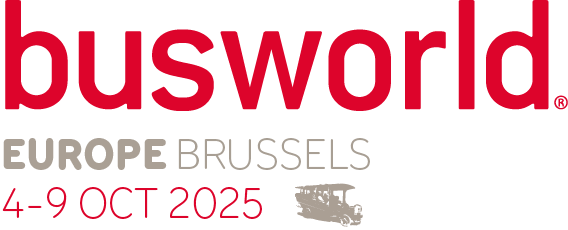This February, the German carrier Stadtwerke Aschaffenburg Verkehrs GmbHcarrier and Solaris signed a contract for the purchase of 10 Urbino 12 hydrogen vehicles and 2 18-metre buses. Delivery is scheduled for 2024. Aschaffenburg is one of the bigger towns in the German Lower Franconia region. This is Solaris’s first ever order for the 18-metre hydrogen-powered bus that was launched in autumn last year.

The hydrogen needed to propel the vehicles is stored in tanks, mounted on the front part of the vehicle’s roof. The Urbino 12 hydrogen units will be equipped with a 70 kW fuel cell, while the Urbino 18 hydrogen buses have a 100 kW fuel cell. When extra power is needed the fuel cell will be boosted by a Solaris High Power battery, or two of them, depending on the bus length, each with a capacity of 30 kWh. The vehicle’s interior will feature air conditioning, cameras monitoring the passenger compartment and the immediate vicinity of the bus, as well as an advanced passenger communication system. An automatic passenger counting system informs the driver about the number of passengers onboard.
In addition, the buses destined for Aschaffenburg will be equipped with advanced systems, such as cameras replacing the mirrors and the MobileEye Shield+ system, which alerts the driver every time an unexpected object is detected in the vicinity of the bus. Continuous servicing of the vehicles will be provided by eSConnect, a bus fleet monitoring and management system designed by Solaris. Since its
launch in autumn 2022, Solaris sees a growing interest across the European market for the Urbino 18 hydrogen. As for Solaris Urbino 12 hydrogen buses, out of over 200 units ordered to-date, 100 vehicles already are on route in Bolzano in Italy, Cologne and Wuppertal in Germany, in the province of South-Holland in the Netherlands, and in the city of Konin in Poland.

